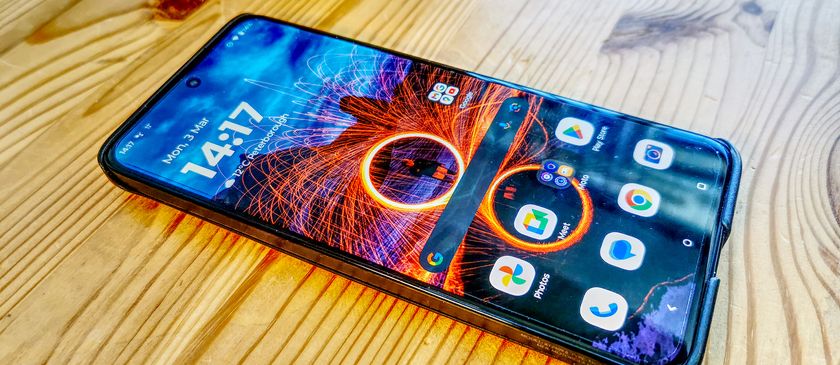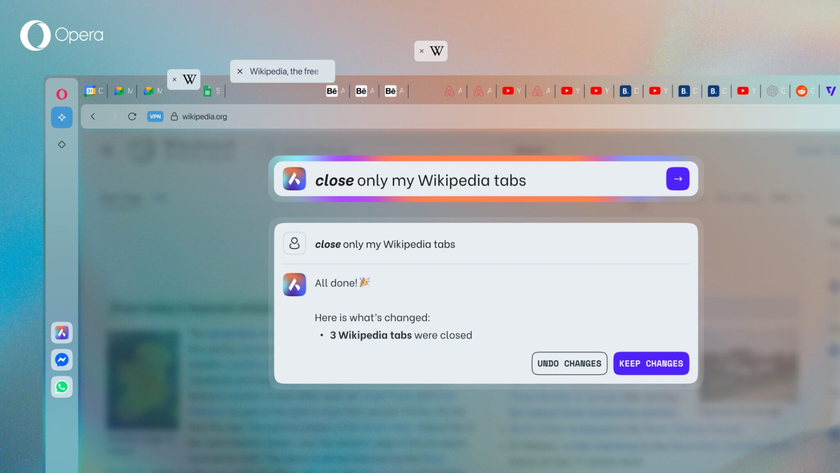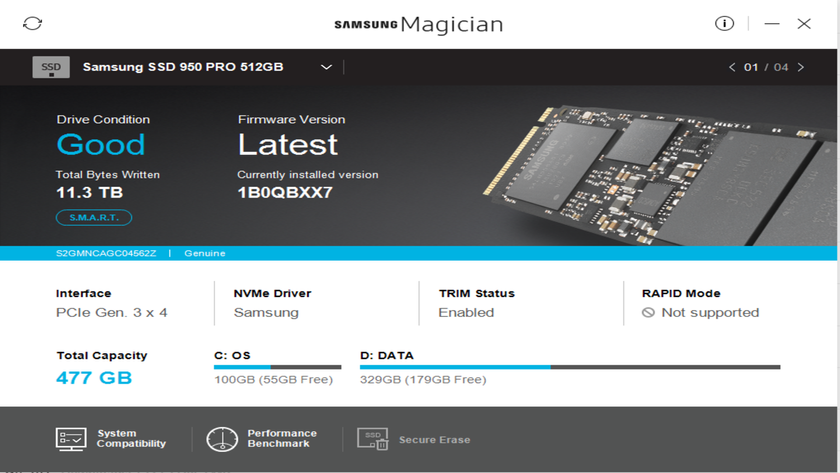4G: the business productivity potential
Time to think about a long term plan

As the workforce becomes more mobile, faster 4G technology is set to infiltrate many business strategies. This year, 4G - or Long Term Evolution (LTE) - networks are to become widespread across the UK.
Experts say an eventual move to 4G is inevitable, and advise that businesses look at a long term plan now.
4G, which has been promoted as faster and more efficient that current 3G networks, has been a long time coming, but the roll out of across the board LTE networks this spring brings the UK on par with the US and parts of Europe, where the technology has been in use for some time.
UK networks are now focused on their 4G deployments. Last year, mobile network EE, which hosts the T-Mobile and Orange brands, became the first to offer 4G.
The other big operators O2 and Vodafone are expected to launch their own offerings in May this year, with Three joining the fray in September.
LTE will not suit all, but those who need to download or upload large files while on the move could benefit hugely. 4G's improved speeds allow remote back-up over the cloud and encourage the idea of mobile working, while the technology is useful in areas where there is no fixed broadband.
Businesses that only need to text and email on the move don't need 4G, but the technology will benefit sectors such as the media industry, which needs to access and upload files on-location, according to Martin Stiven, Vice President of Business at EE.
Are you a pro? Subscribe to our newsletter
Sign up to the TechRadar Pro newsletter to get all the top news, opinion, features and guidance your business needs to succeed!
Increased productivity
"4G roll out is very significant and will improve productivity and working on the move as well as new applications such as video calling," agrees Kester Mann, Senior Analyst at CCS Insight. "It will also mean users can upload and download bigger files when not in the office."
LTE speeds are up to five times faster than 3G and for this quality, Stiven and Mann agree that it is a matter of time before organisations implement the technology.
Stiven says: "Small businesses that are strapped for time and resource can download email attachments more quickly.
"With SMEs, the key thing is the flexibility of being able to download when out and about and use the cloud. It makes good use of your investments."
Alongside 4G networks, a good selection of LTE-enabled devices have already been announced, including the iPhone 5, HTC One XL, Nokia's Lumia devices and the BlackBerry X10 and Z10.
Users can also implement a dongle for 4G mobile broadband and in some cases, "can reassess fixed line broadband", says Stiven.
Meanwhile, a mobile 4G Wi-Fi hub, dubbed Mi-Fi, can connect several devices while offices wait for a fixed line to be put in.
Making the right choice
But coverage is integral for any businesses considering 4G. Those in large towns and cities are able to access the technology now, while those in rural areas could have to wait until 2014.
As not all mobile networks offer 4G yet, Mann advises businesses without an urgent need to wait for the market to become more competitive. He says the rival mobile networks will catch up quickly, and prices could become very competitive, adding: "EE offers about 50% coverage with 98% by 2014 but the others will build their networks quickly."
It will also be interesting to see how 4G is sold and packaged once widely available on all mobile networks. Converged 3G solutions, combining mobile with telephony and fixed wireless, are already offered by all the operators.
Mann says: "Operators are already offering converged solutions and 4G will play into that. At the moment there is Wi-Fi and 3G within converged services - and there is the 'bring your own device' trend."
Mann adds: "At the moment IT strategies are all a bit jumbled, but perhaps 4G will help smooth things out. It can make firms more consistent and coherent as a business."
A long term plan
Although 4G technology is not immediately viable for many businesses, it is worth investigating by those who can take advantage of speeds and increased productivity further down the line. Perhaps it is better to watch the market and consider 4G a long term plan, rather than dive in immediately.
Mann warns: "It seems to be a slow moving opportunity and some of these possibilities seem a long way off. The network must also be secure for this sensitive information - which will be a primary concern for the operators."
Stiven assures users that methods are in place to ensure the LTE network is extremely secure, but agrees adoption will grow over time. He says: "I think it will grow and grow over time. Once you've had 4G download speeds you won't want to go back."
Mann agrees, saying: "Once people get used to it will be hard to go back to 3G. As a long term plan, businesses should be looking at it now - 3G will be incomparable. It will be a hugely important and successful technology."













Privacy Hero II VPN Router

When I tested this global tracker, it trounced the Apple AirTag in so many ways






